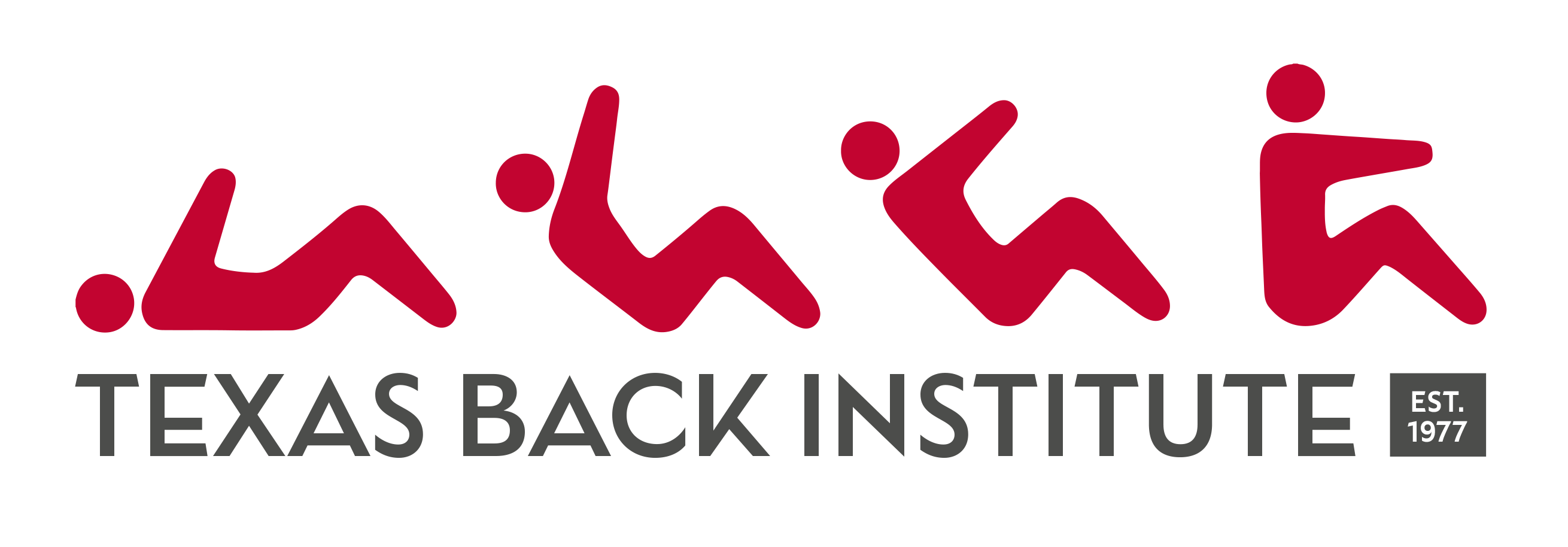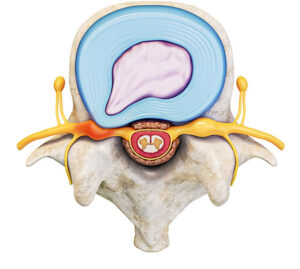Discectomy
 Symptoms
Symptoms
- Chronic pain that has not been alleviated by rest, medications, or injections
- Immobility as a result of pain or weakness
- Nerve damage that affects nerve function
- Cauda Equina syndrome – a serious condition that results from nerve impingement
Risks
- Infection
- Bleeding
- Nerve injury
- Deep vein thrombosis
- Dural tear
- Recurrent disc herniation or prolapse
- Thromboembolic complications
- Scar tissue
- Back pain
Types
- Endoscopic Discectomy is performed by creating a small incision in the skin. A small probe is then inserted into the prolapsed or herniated disc. After the probe is passed through the skin, an endoscope with a built-in camera and light is inserted, allowing the surgeon to visualize the affected area on a monitor. Surgical instruments are then inserted to accomplish the surgery.
- Microdiscectomy is a minimally invasive discectomy technique that uses a specially designed surgical microscope to magnify and makes the surgical field more visible. Microdiscectomy is considered the gold standard for open discectomy.
- Percutaneous Discectomy is another type of discectomy where a percutaneous probe is introduced via needle puncture on the skin. The probe is further inserted into the intervertebral disc and the bulging or herniated portion of the disc is removed.
What to Expect
Once you have decided to have a discectomy, below is what you should expect before the surgery:
- A medical examination.
- Chest X-ray, EKG, and blood work.
- You may be asked to have a neurological or psychological examination.
- If taking aspirin or anti-inflammatory medications daily, stop these medications at least one week before discectomy surgery.
- If you take prescription medications or other drugs, including herbals, ask your doctor how soon before surgery you should stop taking these.
- Do not have anything to eat or drink for 6 to 8 hours before discectomy surgery.
- You will check into the hospital the morning of surgery.
- Prior to surgery, you will be asked to sign permits for discectomy surgery, anesthesia, blood and blood products.
- An incision is made in the low back area.
- Fluoroscopy (live X-ray) is used to determine the correct level(s) to be operated on.
- The disc tissue that is compressing the nerve(s) is removed.
- The surgery takes approximately 1-2 hours.
You will be in the recovery room from 1 to 1½ hours:
- The surgeon will contact your family while you are in recovery.
- After going to a hospital room, you will be able to use a PCA pump to get medication for pain control. This machine controls the amount of medication that can be received.
- Staff will usually get you out of bed the same day as the surgery.
- The hospital stay is usually one day.
- A brace or corset may be prescribed to restrict bending.
- You will be given any needed prescriptions and discharge instructions.
- A set of exercises that you can do at home will be provided.
- You will be able to ride in a car or plane upon leaving the hospital.
- Physical therapy is usually initiated after the first office visit with your doctor following surgery.
- Recovery from discectomy is usually relatively brief, but it varies greatly among patients and is dependent on the age and health of the individual. Return to work also varies greatly among patients and is related to overall health and the type of work you do.


 Symptoms
Symptoms